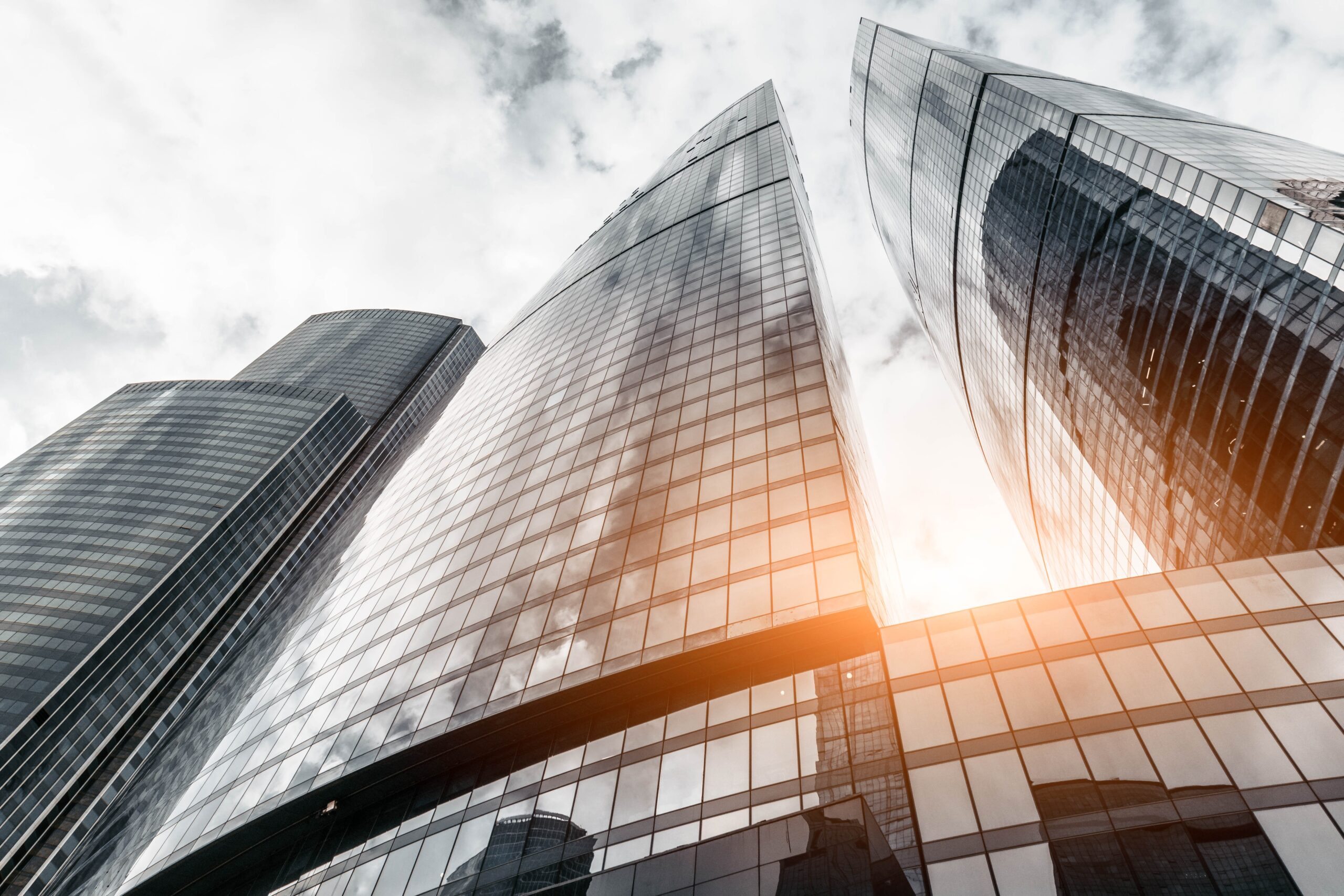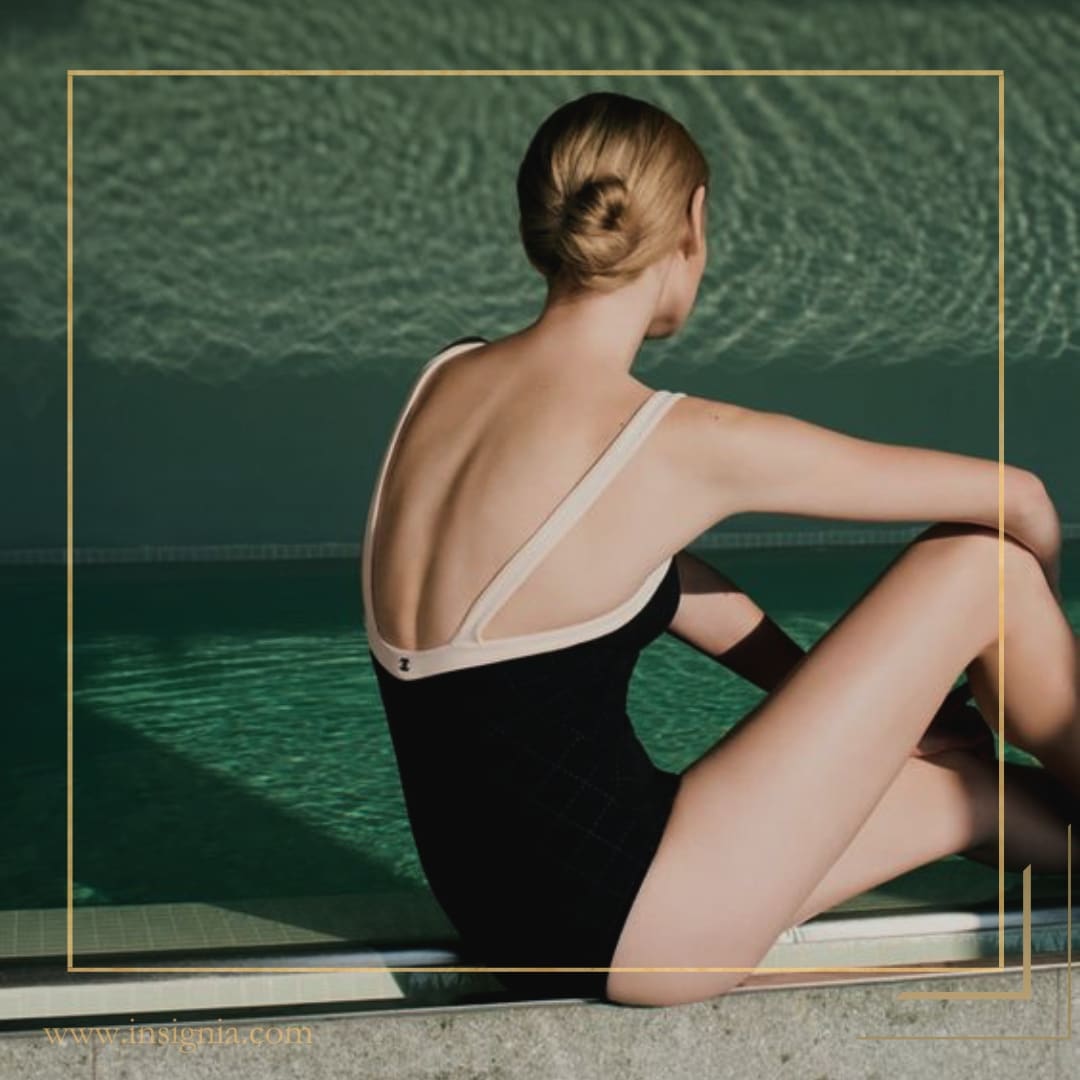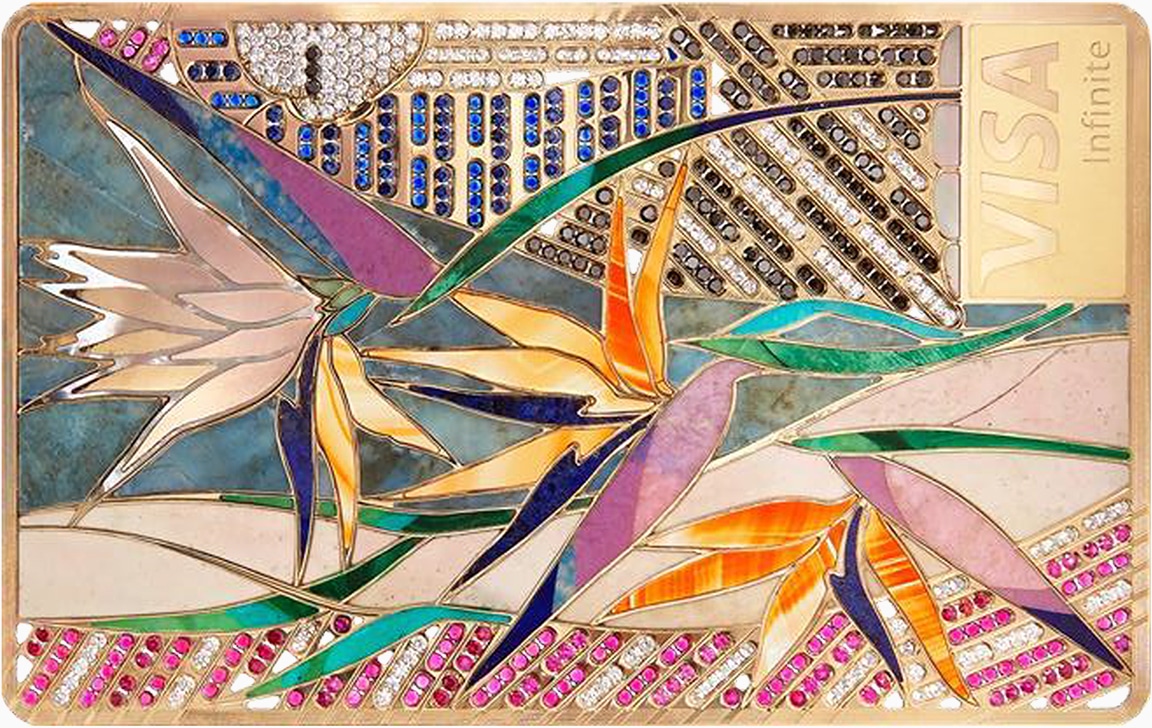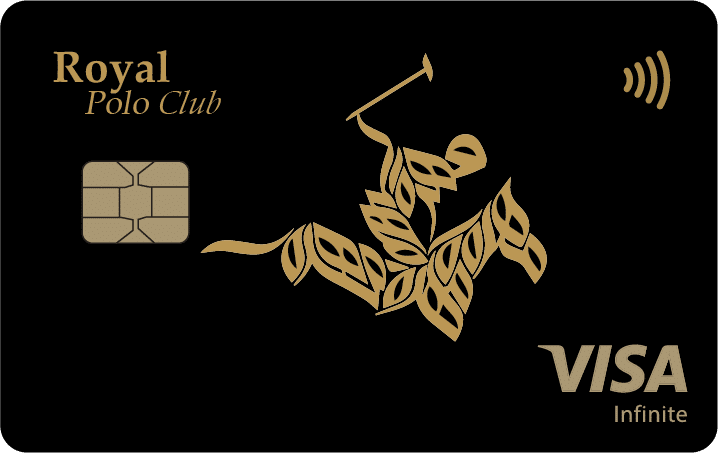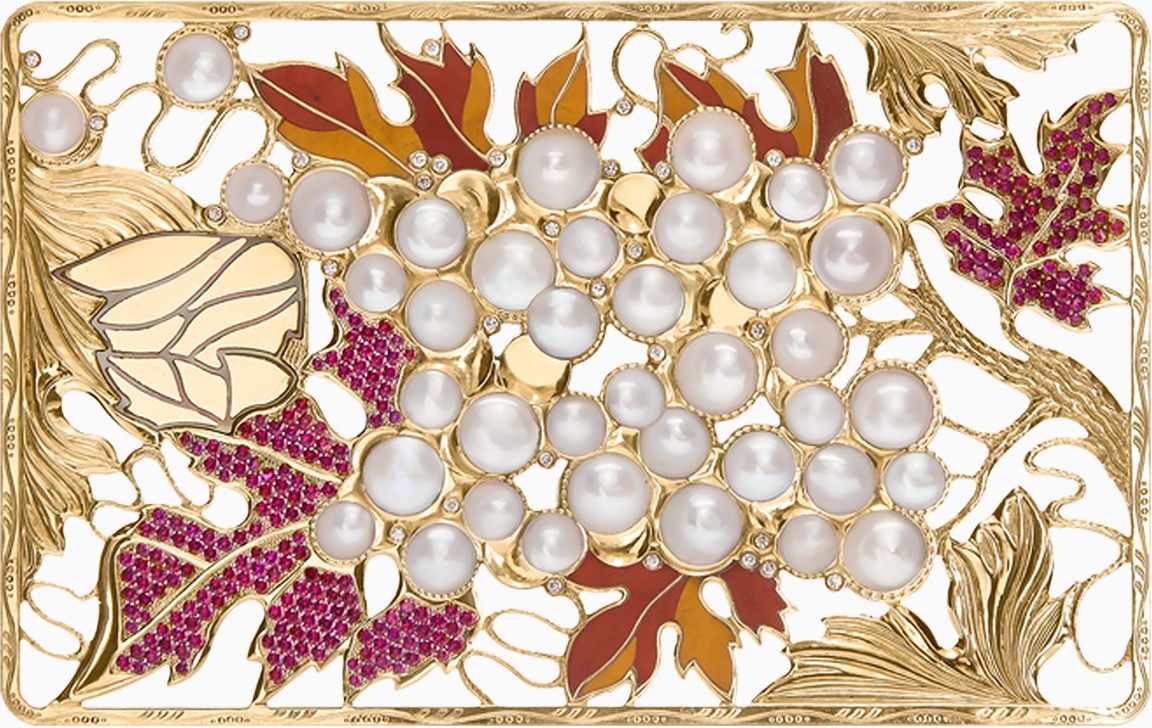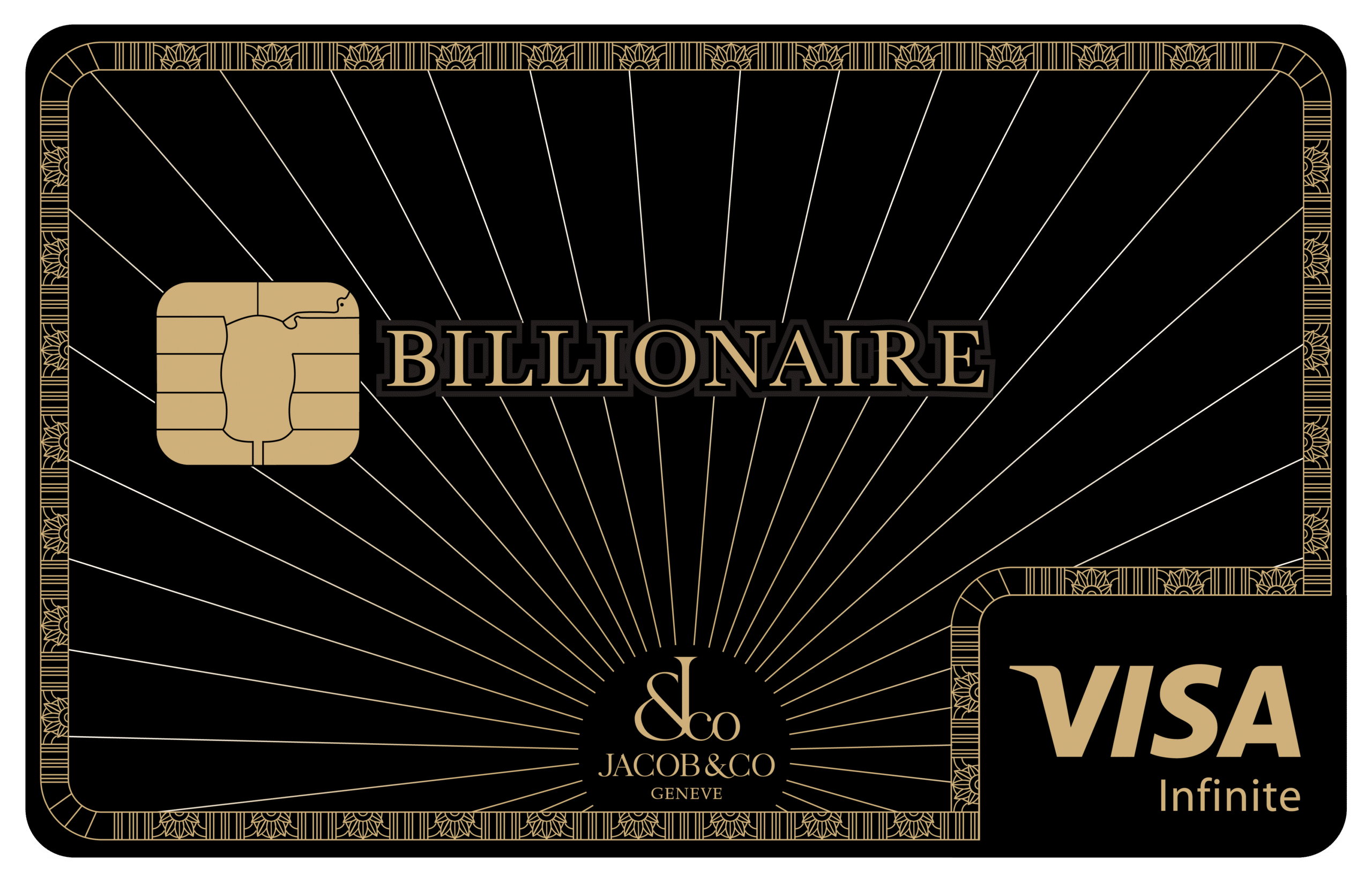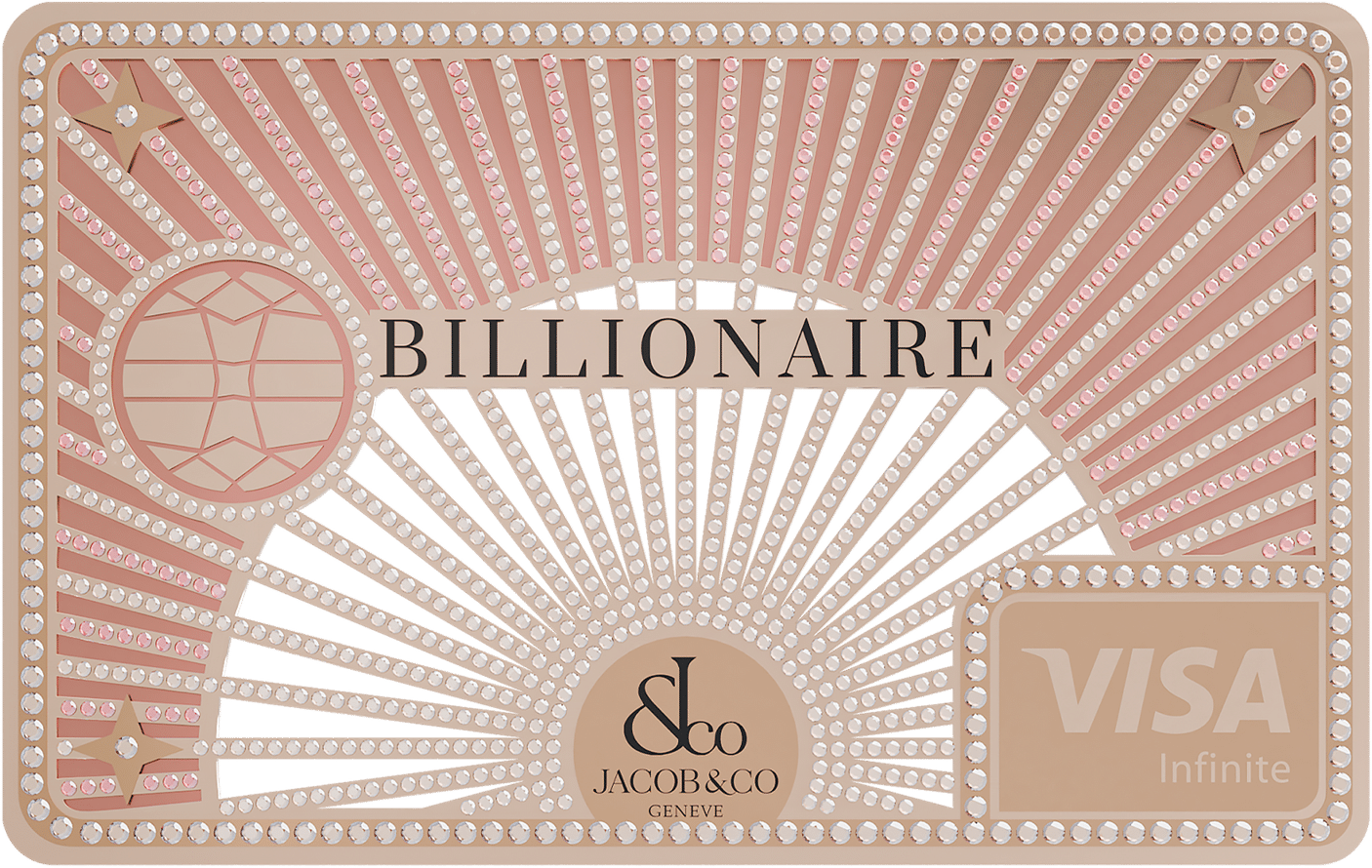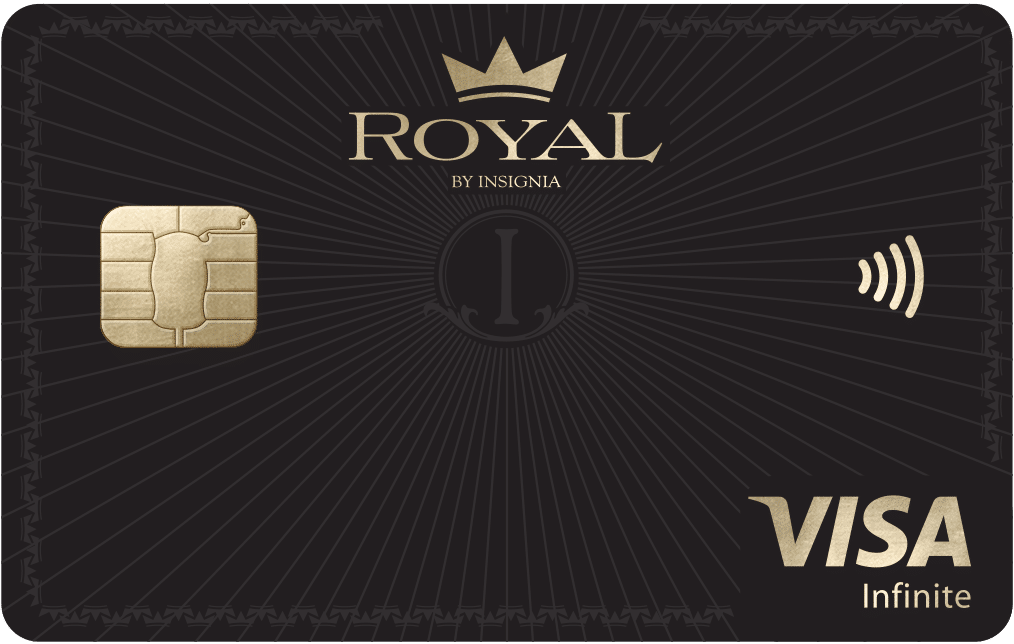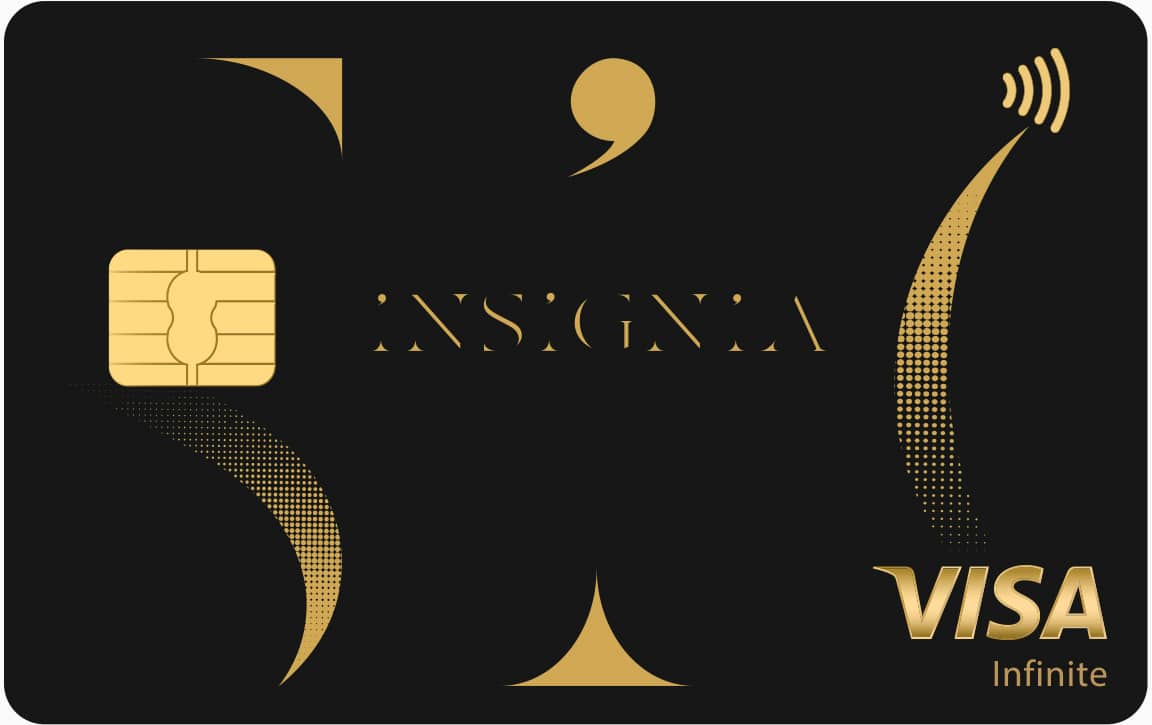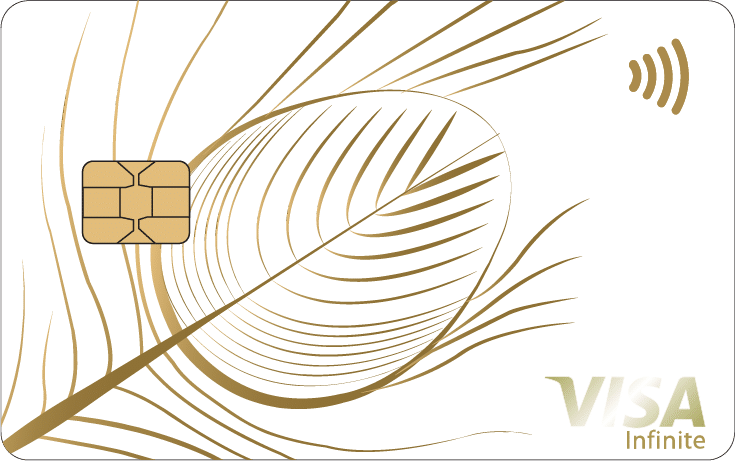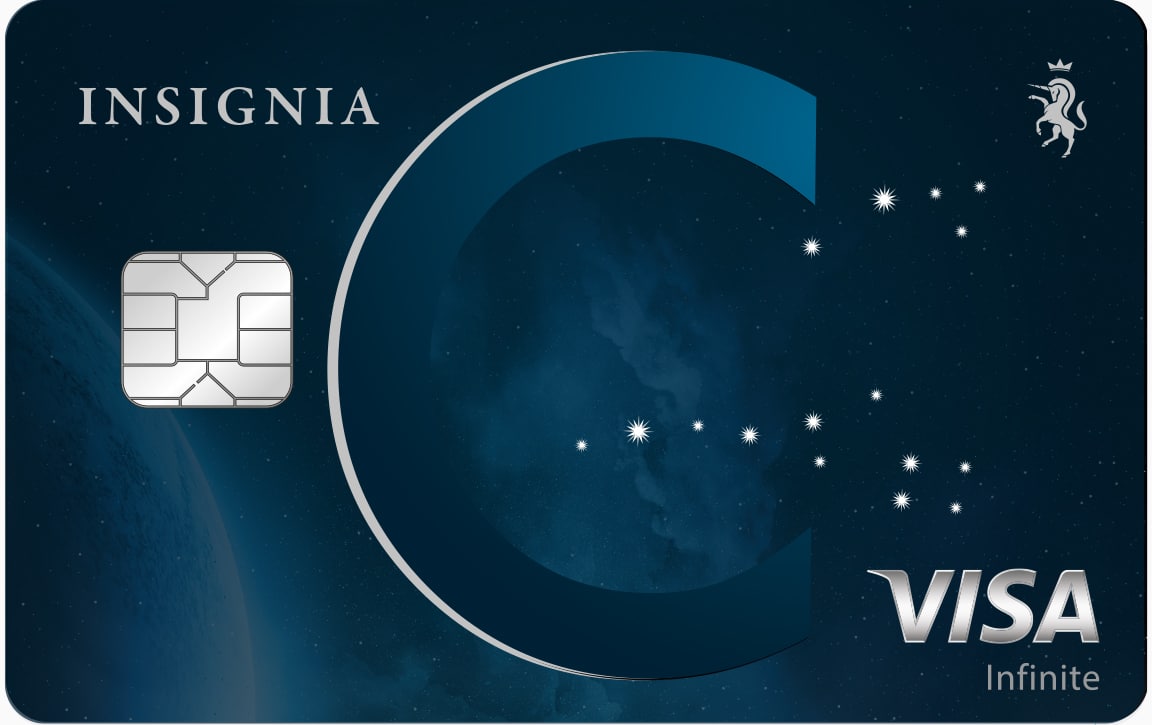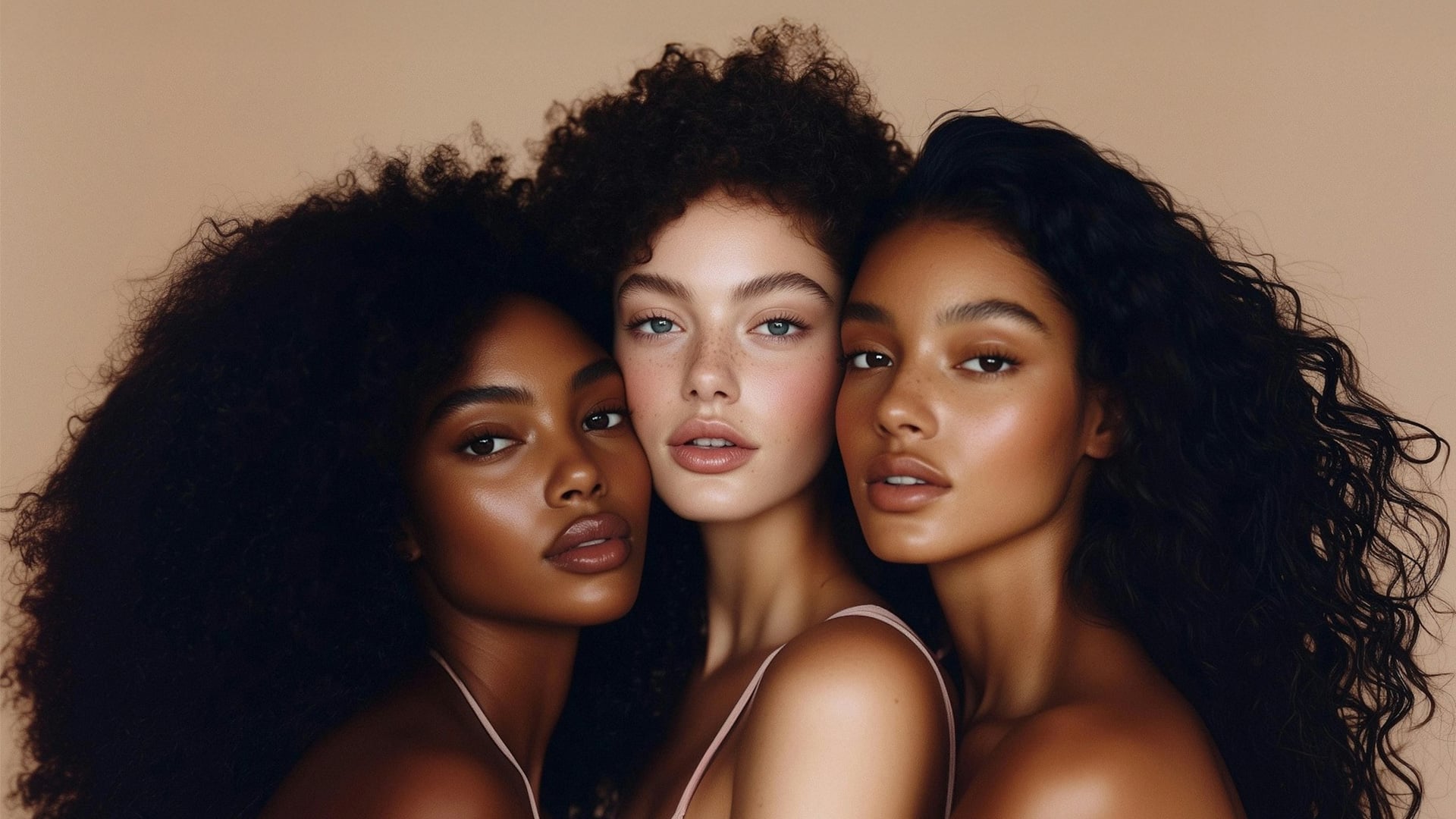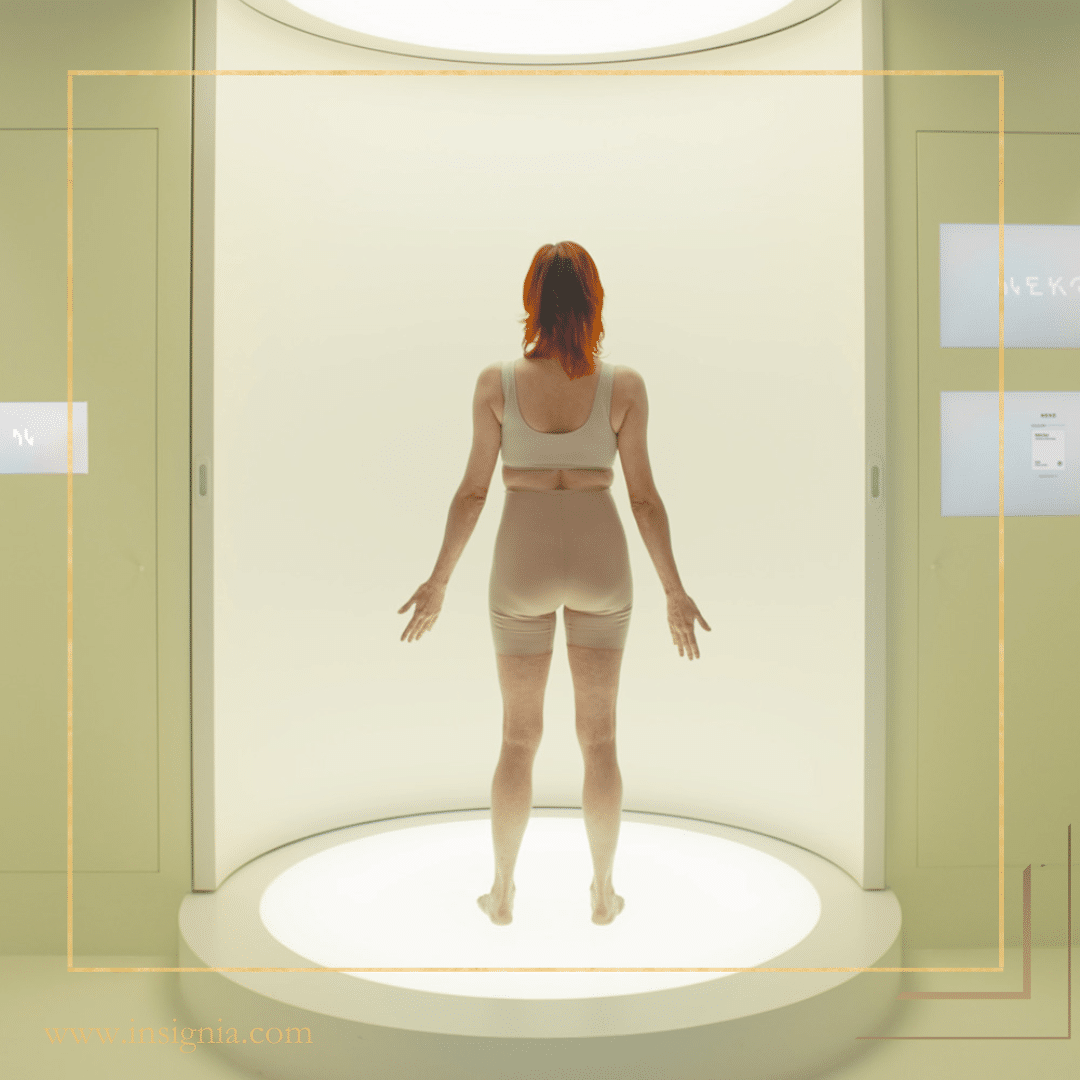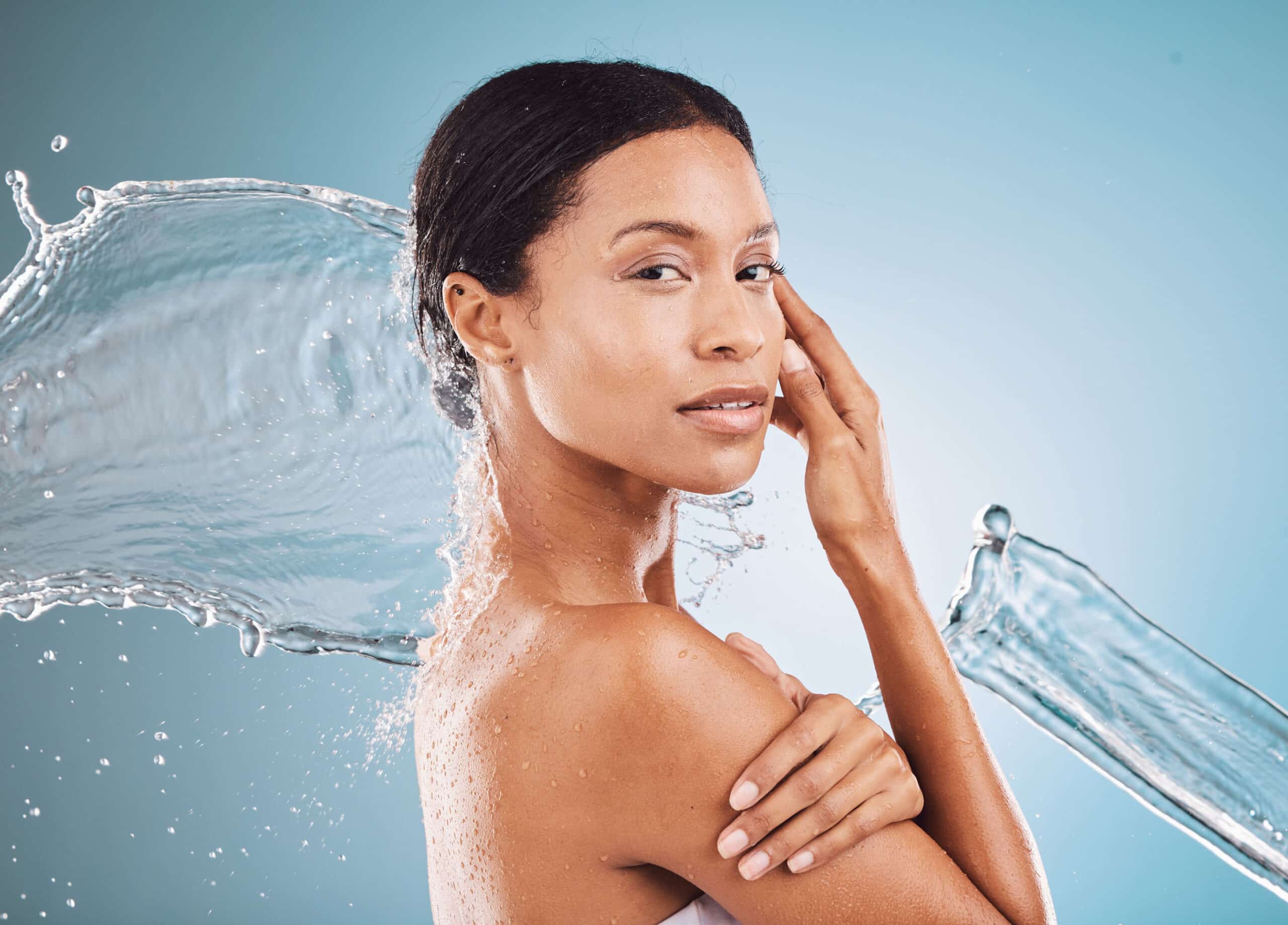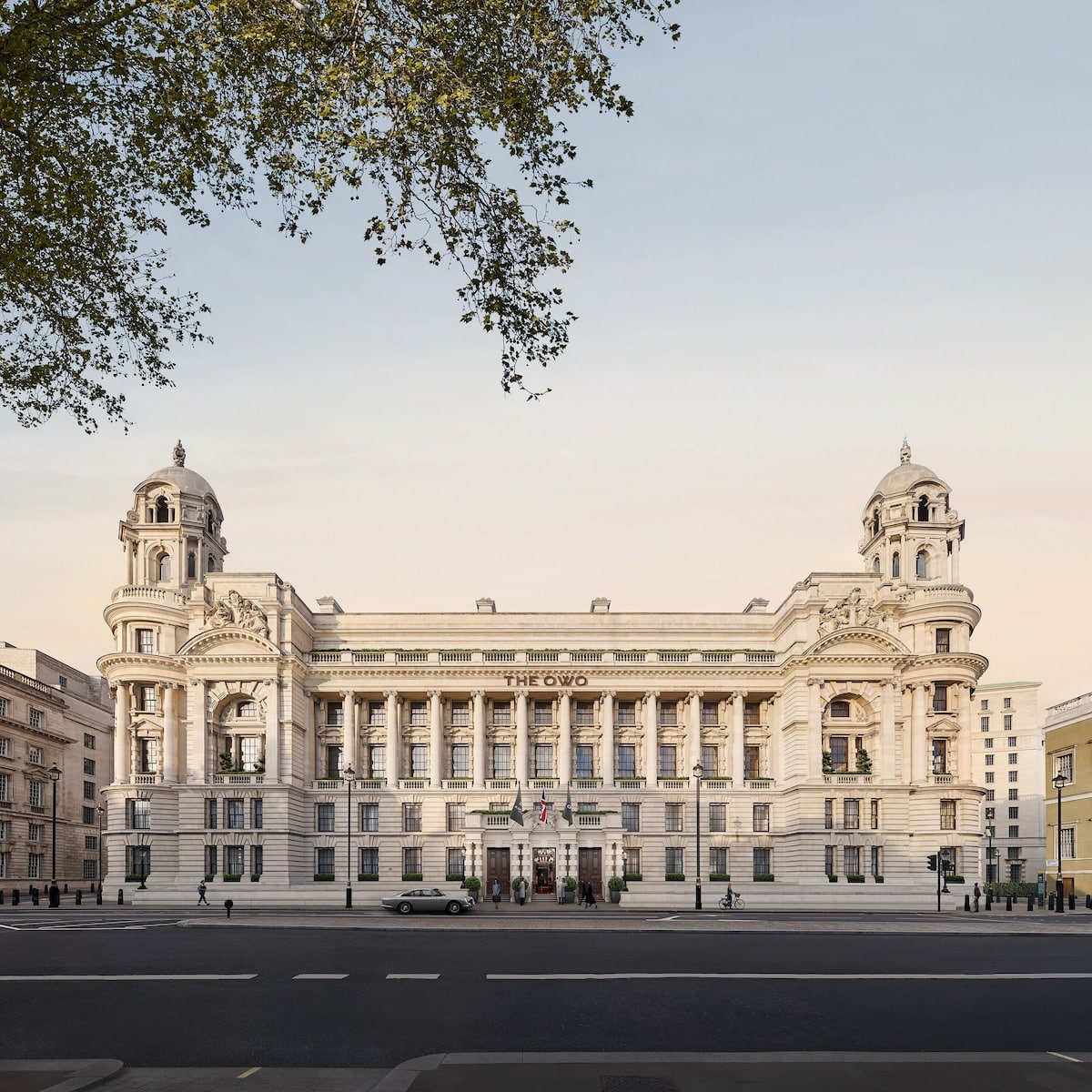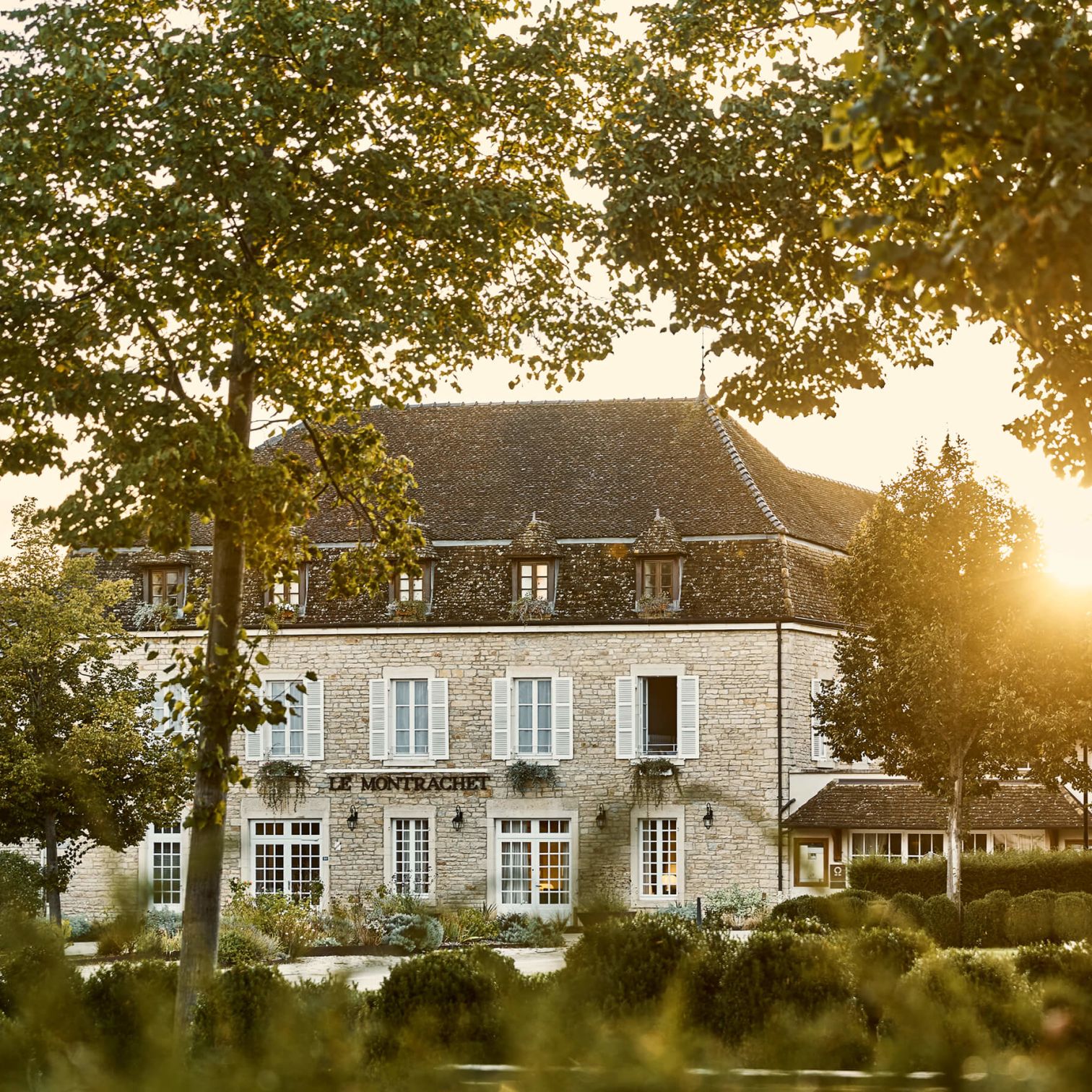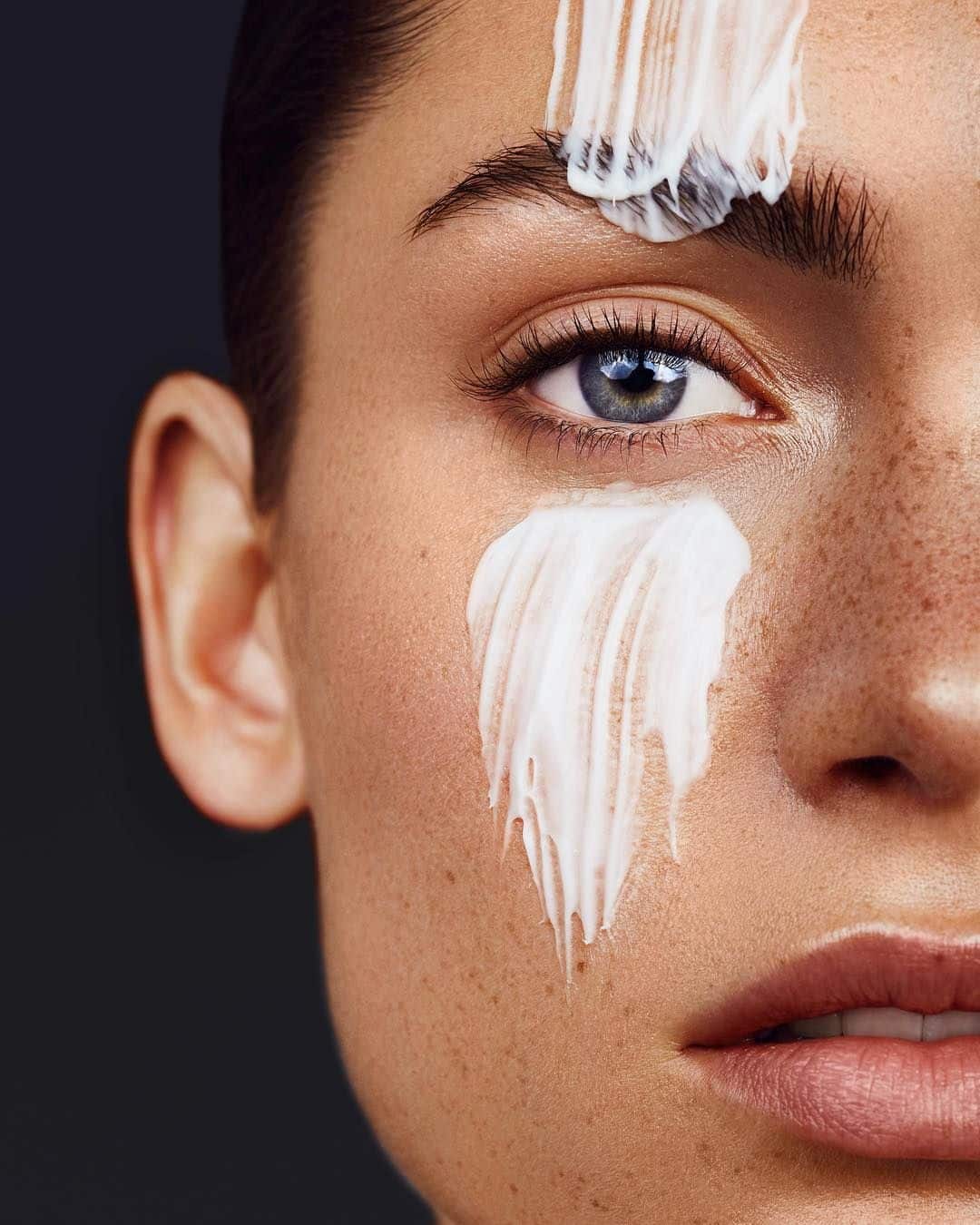As the wellness industry continues to evolve, new trends are emerging that reflect the growing desire for more personalised, immersive, and inclusive experiences. From multisensory art installations to climate-adaptive wellness, these trends are shaping how we approach health, well-being, and self-care.
From Manning Up to Opening Up: Redefining Men’s Wellness
In recent years, the concept of men’s wellness has undergone a profound transformation. No longer confined to traditional ideas of masculinity, this trend emphasises emotional and social well-being, encouraging men to embrace vulnerability and openness. As society begins to shift away from the outdated “man up” mentality, men are increasingly exploring wellness practices that focus on mental health and personal growth.
A New Focus on Men’s Mental Health
One of the key aspects of this trend is the rise of male-focused wellness retreats and programmes. These initiatives address topics often overlooked in men’s health, such as anxiety, depression, and relationships. As more men are encouraged to speak openly about their struggles, the demand for tailored support and safe spaces proliferates.
This cultural shift is being driven, in part, by celebrities and influencers who are sharing their mental health journeys. Their openness has normalised conversations around men’s emotional well-being, breaking down barriers and encouraging others to seek support.
Wellness Brands Catering to Men’s Unique Needs
As the trend towards emotional wellness for men continues to grow, wellness companies are starting to develop products and services specifically designed for men. From skincare lines to fitness regimes and mindfulness apps, brands are recognising the importance of catering to men’s unique needs and preferences, offering bespoke solutions that resonate with this evolving demographic.
Leading the Way
Companies like EVRYMAN and Junt are pioneering this shift by creating platforms and communities focusing on men’s emotional health. Their programmes foster connection, self-awareness, and emotional intelligence, helping men navigate the complexities of modern life with confidence and compassion.
Climate-Adaptive Wellness: Innovations for a Changing World
As the effects of climate change become more apparent, the wellness industry is adapting to help individuals cope with rising temperatures and environmental challenges. Climate-adaptive wellness is emerging as a key trend, focusing on innovations that cool our bodies, homes, and even cities. This trend acknowledges the growing need for solutions that support health and well-being in a warming world.
Smart Tech and Cooling Innovations
A significant part of this trend is the development of smart-tech cooling clothing and wearables designed to regulate body temperature. From cooling fabrics to advanced wearables, these products aim to help individuals stay comfortable and safe as temperatures rise. In addition, climate-adaptive beauty products are being developed, offering skincare solutions that protect against the effects of extreme heat and environmental stressors.
Climate-Adaptive Travel and Resorts
Travel habits are also shifting, with more people seeking cooler destinations or opting for resorts that offer climate-controlled environments. These climate-adaptive resorts provide a sanctuary for travellers, offering facilities designed to protect guests from extreme weather while maintaining a focus on wellness and relaxation.
Climate-Resilience Training in Wellness Retreats
As part of this trend, wellness retreats are incorporating climate-resilience training into their programmes. These sessions teach guests how to cope with extreme temperatures and natural disasters, equipping them with practical skills to navigate the challenges posed by climate change.
Leading the Way
The Three Graces Spa at Grantley Hall exemplifies this trend, having introduced ice baths in its outdoor spa garden. This innovative offering helps guests cool down and provides therapeutic benefits, further highlighting the intersection of wellness and climate adaptation.
Longevity Has Longevity: The Future of Wellness and Ageing
As advances in science and technology redefine the boundaries of health and wellness, longevity has emerged as a cornerstone of the industry. This trend focuses on extending the length of life and enhancing its quality, with high-tech medical treatments and holistic approaches to ageing becoming increasingly accessible.
Cutting-Edge Longevity Clinics and Resorts
The growing interest in longevity is leading to the rise of highly-medical, high-tech clinics and resorts dedicated to extending life expectancy and improving health. These state-of-the-art facilities offer cutting-edge treatments, including genetic testing, advanced therapies, and personalised wellness plans designed to promote long-term health. Guests at these resorts can expect a comprehensive approach to well-being, with a focus on prevention, rejuvenation, and sustainable health.
Rethinking Mortality and Mental Health
While the idea of living longer is appealing, this trend also encourages individuals to reconsider their relationship with mortality. The “never die” mindset prevalent in the longevity industry has raised questions about its impact on mental health and death-acceptance. As a result, a growing focus is on balancing the pursuit of longevity with a healthy acceptance of life’s natural cycles, encouraging people to foster a more mindful and meaningful approach to ageing.
Personalised Wellness for a Longer Life
In response to the demand for longevity-focused services, wellness companies are integrating offerings such as genetic testing and personalised wellness plans into their programmes. These services help individuals understand their genetic makeup, allowing for tailored health strategies promoting long-term vitality and well-being.
Leading the Way
Examples of this trend can be seen in wellness communities like Velvaere in Park City, Utah, as well as renowned longevity centres such as SHA Wellness and Clinique La Prairie. These establishments are at the forefront of the longevity movement, offering guests cutting-edge treatments alongside holistic wellness programmes that embrace the future of health and ageing.
The Home as High-Tech Health Hub: Wellness at Your Fingertips
As technology becomes increasingly integrated into daily life, the home concept is evolving into a high-tech health hub. With medical-grade health-monitoring systems and smart furnishings, homes are being designed to support personal wellness, allowing individuals to manage their health from the comfort of their living space.
Homes Designed for Wellness
Real estate companies are starting to design and build homes tailored explicitly for wellness and self-care. These homes are equipped with smart technology that tracks vital signs, monitors air quality, and provides real-time feedback on residents’ health. The aim is to create living environments that actively promote well-being, with every home feature working to support a healthier lifestyle.
Remote Patient Monitoring
Another aspect of this trend is the rise of remote patient monitoring, which allows healthcare providers to track patients’ health without the need for hospital visits. Through connected devices, patients can monitor their vital signs and receive real-time feedback, enabling more proactive and personalised healthcare. This technology is especially beneficial for managing chronic conditions, offering patients peace of mind while they remain in their own homes.
Personalised Wellness Through Smart Integration
The integration of wellness apps with home devices is becoming more sophisticated. These apps provide personalised recommendations based on the data collected. They connect to everything from smart mattresses that track sleep patterns to fitness equipment that monitors activity levels, offering users tailored coaching and advice to enhance their overall well-being.
Leading the Way
One prime example of this trend is Delos, a wellness real estate and technology company that focuses on integrating health and well-being into the home environment. With their DARWIN Home Wellness Intelligence platform, Delos offers technology that monitors air and water quality, lighting, and even temperature, creating living spaces that actively improve residents’ health. This innovative approach is at the forefront of transforming homes into wellness-focused environments.
A Wellness Check for Weight Loss Drugs: Balancing Quick Fixes with Long-Term Health
With the growing demand for quick solutions to weight management, weight loss drugs are becoming a significant focus in the wellness industry. As more wellness companies pivot to prescribing these medications, there is a rising concern about the long-term health impacts and the importance of taking a more balanced, holistic approach to weight loss.
The Rise of Weight Loss Medication
In response to the widespread desire for quick fixes, wellness and health companies are beginning to offer weight loss drugs alongside supplements and personalised programmes that support their use. These medications promise rapid results, but their increasing popularity raises questions about the potential consequences of relying on pharmaceutical interventions for weight management.
Exploring Long-Term Health Impacts
While these drugs may offer short-term success, wellness experts increasingly highlight the need to understand their long-term health effects. Relying on medications without addressing underlying lifestyle factors could lead to imbalances and health issues down the road. The trend prompts more in-depth discussions about integrating these solutions into a sustainable, health-focused lifestyle.
Caution from Wellness Experts
Wellness professionals are advocating for a more holistic approach to weight management, cautioning against the allure of quick fixes. They emphasise the importance of combining pharmaceutical intervention with sustainable lifestyle changes such as regular exercise, balanced nutrition, and mental well-being. The conversation is shifting towards creating long-term health strategies that support both physical and emotional well-being.
Leading the Way
Noom, a digital health platform known for its personalised weight loss programmes, has incorporated a more holistic weight management approach. While Noom does not prescribe weight loss drugs, its focus on behavioural change, psychology-based coaching, and sustainable lifestyle habits counterbalances the growing trend of quick-fix solutions. This approach emphasises long-term health over short-term results, aligning with the broader wellness movement advocating for balance and well-being.
The Power of the Pilgrimage: Slow Travel for Spiritual and Mental Well-being
The age-old tradition of pilgrimage is making a resurgence in modern wellness as travellers seek more profound connections with themselves and the world around them. Walking journeys and slow travel are becoming increasingly popular, with a focus on spiritual exploration and discovering cultural heritage. This trend highlights the mental and emotional benefits of reflecting, disconnecting, and immersing oneself in meaningful experiences.
Pilgrimage-Style Wellness Programmes
More resorts and wellness retreats are beginning to offer programmes incorporating walking journeys, encouraging guests to engage in spiritual or cultural practices. These programmes not only focus on physical activity but also provide opportunities to participate in religious services or local cultural rituals, allowing travellers to understand better the destinations they visit.
Mental Well-being Through Pilgrimage
Pilgrimage-style travel offers significant mental health benefits, including reduced stress, enhanced mindfulness, and an increased sense of purpose. The slow pace and immersive nature of walking journeys allow for reflection and personal growth, making this form of travel ideal for those seeking a break from the demands of everyday life and a chance to reset their mental well-being.
Guided Pilgrimage Trips
As this trend continues to grow, wellness companies are starting to offer guided pilgrimage trips, combining physical activity with spiritual exploration. These trips often follow historical routes, offering participants the opportunity to reconnect with their inner selves while discovering the rich cultural heritage of different regions. Such journeys provide a powerful blend of exercise, mindfulness, and spiritual fulfilment, aligning with the holistic approach to wellness that many travellers seek today.
Leading the Way
A prime example of this trend is the Six Senses Douro Valley in Portugal, which offers a guided walking pilgrimagealong the ancient Camino de Santiago route. The resort combines the spiritual and cultural heritage of the journey with its renowned wellness programmes, offering guests a truly holistic experience. By focusing on both physical and emotional well-being, Six Senses Douro Valley exemplifies the growing trend of pilgrimage as a transformative wellness practice.
The Rise of Postpartum Wellness: Prioritising Health and Support for New Parents
As the importance of holistic well-being continues to grow, postpartum wellness is emerging as a vital trend in the wellness industry. This focus on comprehensive care for new parents goes beyond physical recovery, highlighting the emotional and mental support needed during this life-changing period. From luxury retreats to wellness apps, the trend is redefining how postpartum care is approached.
Luxe Postpartum Retreats
An increasing number of luxury postpartum retreats are offering new parents the opportunity to recuperate in tranquil, supportive environments. These retreats provide restorative services such as massage, meditation, and yoga, specifically designed to help parents recover physically and emotionally from childbirth. By combining relaxation with wellness-focused activities, these retreats offer a much-needed sanctuary during a period of significant transition.
Mental Health Support
The mental health aspect of postpartum wellness is gaining attention, with an emphasis on providing new parents with therapy sessions, peer support groups and counselling to help them navigate the emotional challenges of parenthood. Postpartum depression and anxiety are now recognised as common issues, and wellness programmes are increasingly integrating mental health support into their offerings, ensuring that parents receive the care they need during this critical time.
Personalised Postpartum Wellness Apps
In addition to retreats, wellness apps are beginning to offer personalised postpartum planning tools, enabling parents to manage their recovery and well-being more effectively. These apps include features such as meal planning, exercise routines, and mood tracking, helping new parents stay on top of their health while balancing the demands of caring for a newborn.
Leading the Way
A shining example of this trend is The Becoming Mama™ Programme by Mama Glow, which offers comprehensive postpartum support through personalised wellness plans, including nutritional guidance, meditation, and mental health resources. The programme is designed to provide new parents with the tools they need to thrive physically and emotionally, reflecting the increasing demand for holistic postpartum care.
Under the Radar: Destigmatising Mental Health and Promoting Inclusivity in Wellness
The wellness industry is recognising the need to take a more proactive role in destigmatising mental health and offering solutions for those who struggle in silence. As awareness grows, this trend focuses on breaking down barriers to mental well-being, particularly for marginalised communities that have historically been overlooked in the wellness space. From policy innovations to inclusive products, the industry is beginning to shift towards a more diverse and supportive approach to mental health.
Policy and Technological Innovations
One key driver of this trend is the development of new policies and technologies designed to support mental health. Governments, health organisations, and wellness companies are increasingly focusing on creating tools and programmes that encourage mental well-being, with a particular emphasis on providing accessible solutions for those who may not have had adequate support in the past.
Focus on Marginalised Communities
This trend also recognises the need to provide specific wellness solutions for marginalised groups, including people of colour and LGBTQ+ individuals, who have often been left out of the mainstream wellness narrative. Wellness programmes and products that address the unique challenges faced by these communities are becoming more prominent, helping to create a more inclusive space where everyone can access the mental health support they need.
Prioritising Diversity and Inclusion
As part of this shift, wellness companies are beginning to prioritise diversity and inclusion in their marketing strategies and product development. Brands are focusing on creating offerings that cater to a broader audience, ensuring that their services are available to and actively welcoming people from all walks of life. This involves more inclusive advertising, diverse representation, and the creation of products that reflect the needs of underrepresented groups.
Leading the Way
A notable example of this movement is the Loveland Foundation, which provides mental health resources and therapy to Black women and girls. By offering access to free and subsidised therapy sessions, the Loveland Foundation is breaking down the barriers that prevent marginalised communities from accessing mental health care while also challenging the stigma associated with seeking help. Their work highlights the growing need for inclusivity and support in the wellness industry.
Sports in Hospitality: Where Luxury Meets Athleticism
As the wellness industry continues to evolve, sports tourism is emerging as a critical trend in the world of luxury hospitality. High-end destinations are increasingly catering to recreational athletes, offering bespoke fitness experiences that combine physical activity with the opulence of world-class accommodation and gourmet dining. This growing trend blends the thrill of sports with the luxury of wellness travel.
Sports Tourism Packages
More resorts are developing sports tourism packages that appeal to fitness enthusiasts looking for an active yet indulgent holiday. These packages integrate high-performance sports training with luxury services, offering guests the chance to pursue their athletic passions while enjoying the benefits of fine dining, spa treatments, and five-star accommodations. Whether it’s a tennis holiday or a cycling tour, these packages cater to those who seek a balance between fitness and relaxation.
Sports-Focused Wellness Retreats
In response to the growing demand for fitness-focused getaways, wellness retreats are beginning to incorporate sports training programmes into their offerings. From running camps to yoga retreats focusing on athletic performance, these specialised retreats aim to enhance physical and mental well-being through targeted sports training. By providing professional coaching and wellness activities, these retreats offer a holistic approach to sports and fitness.
Sports-Specific Hotel Amenities
Hotels increasingly offer sports-specific amenities such as tennis courts, rock climbing walls, and state-of-the-art fitness centres to accommodate this trend. These facilities are designed to cater to guests who wish to maintain their fitness routines while travelling, providing the perfect blend of recreation and relaxation. Hotels are also tailoring their wellness programmes to include activities such as personal training, yoga, and guided hikes.
Leading the Way
An outstanding example of this trend is Aman Resorts, which has partnered with five-time Grand Slam tennis champion Maria Sharapova to launch a series of luxury wellness retreats. These retreats combine high-level tennis coaching with holistic wellness practices, offering guests the opportunity to improve their athletic skills while indulging in the serene surroundings of Aman’s renowned properties. This collaboration exemplifies the integration of sports and luxury in the hospitality sector, setting a new standard for sports-focused wellness travel.
A New Multisensory, Immersive Art for Wellness: Engaging the Senses for Mental Well-being
The relationship between art and wellness is deepening as multisensory, immersive art experiences become a key focus in promoting mental health. By engaging all five senses, these artistic experiences offer more than just visual beauty—they foster relaxation, reduce stress, and stimulate creativity. This trend highlights the growing connection between art and holistic well-being, with wellness spaces increasingly incorporating art as a therapeutic tool.
Multisensory Art Experiences in Wellness Spaces
More museums, hotels, and spas are beginning to offer multisensory art experiences designed to immerse guests in a world of sensory stimulation. From sound baths to scent therapy, these experiences use elements such as music, aromas, and tactile sensations to create a soothing environment that encourages relaxation and mental clarity. By engaging multiple senses simultaneously, these experiences elevate traditional art therapy, providing participants with a deeper connection to their emotions and mental state.
Art Therapy for Mental Well-being
The benefits of art therapy for mental health are increasingly being explored within the wellness industry. Studies have shown that engaging with art can significantly reduce stress, increase creativity, and improve overall mood. By incorporating art therapy into wellness offerings, spas and retreats are providing guests with new ways to express themselves and manage mental health challenges, using creativity as a tool for emotional healing.
Wellness Apps and Multisensory Meditation
As the trend towards multisensory wellness grows, wellness apps are also integrating guided meditation exercises that combine music, nature sounds, and visual elements. These digital experiences allow users to immerse themselves in calming environments, helping them to manage stress and cultivate mindfulness through a combination of sensory inputs.
Leading the Way
Six Senses Resorts is at the forefront of this trend, creating multisensory somatic experiences that engage guests on multiple levels. From bio-alchemy sculptures infused with therapeutic scents to flotation experiences set to the calming sounds of the ocean, Six Senses is pioneering the integration of art and wellness. These experiences highlight the transformative power of immersive art, offering guests an innovative way to connect with their mental and emotional well-being.
Contact Our Award-Winning Lifestyle Team to Find Out More
As we move into 2024, the wellness industry is embracing a broader, more inclusive vision of health and well-being. Whether through advanced technology, multisensory art, or sports tourism, the focus is on creating deeper connections between body, mind, and the environment. These trends reflect the desire for personal transformation and collective progress towards a healthier and more sustainable world. Whatever your path to wellness, these trends offer new and exciting ways to explore self-care in the year ahead.
